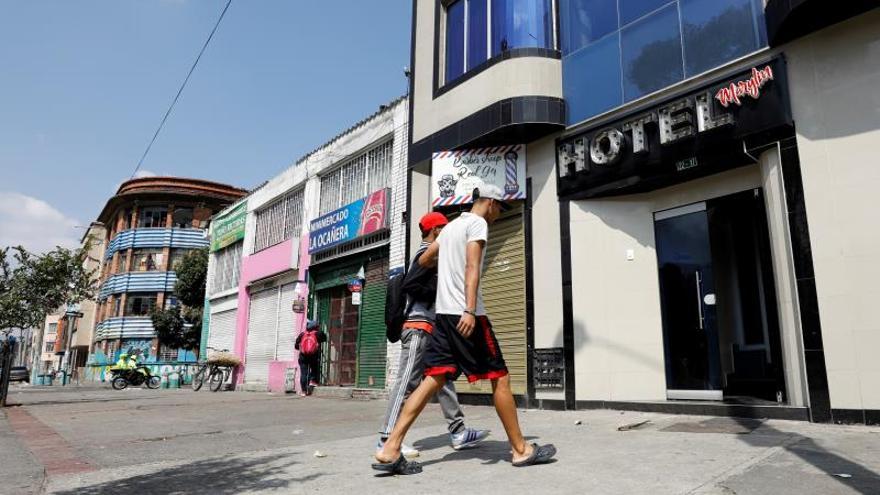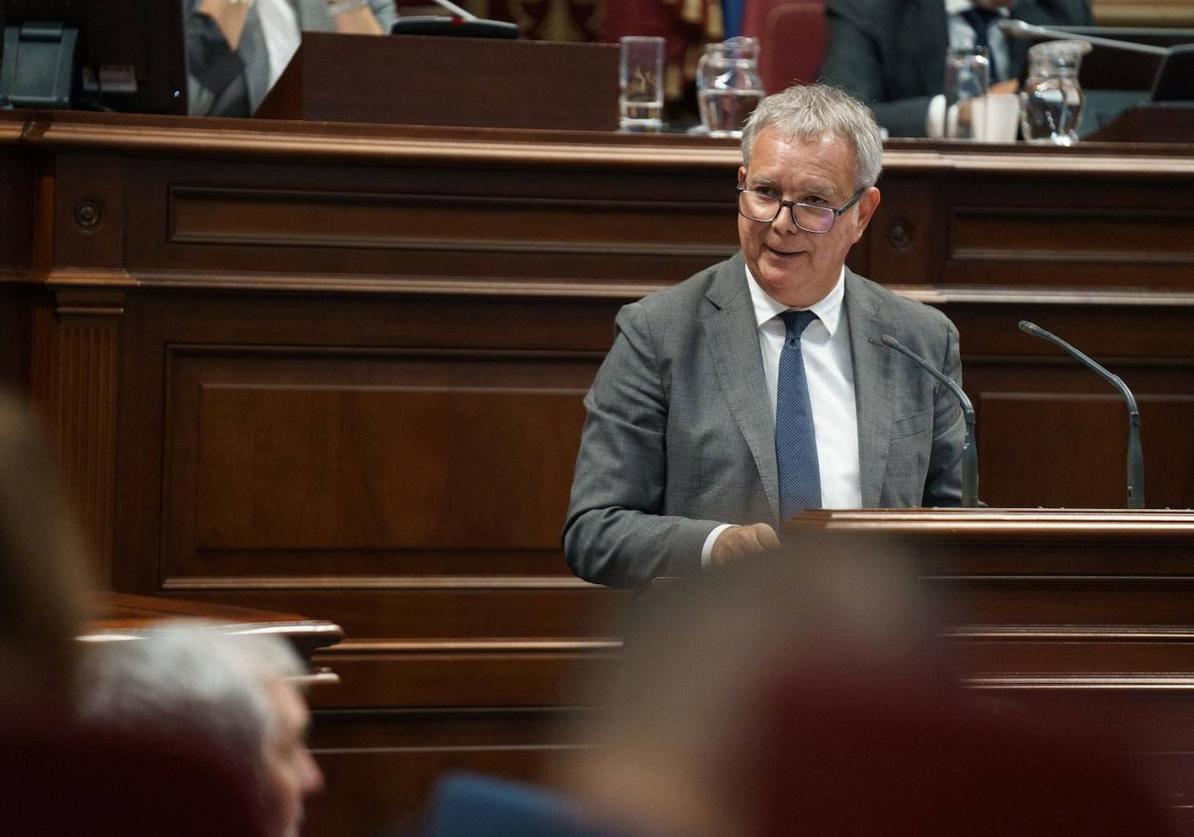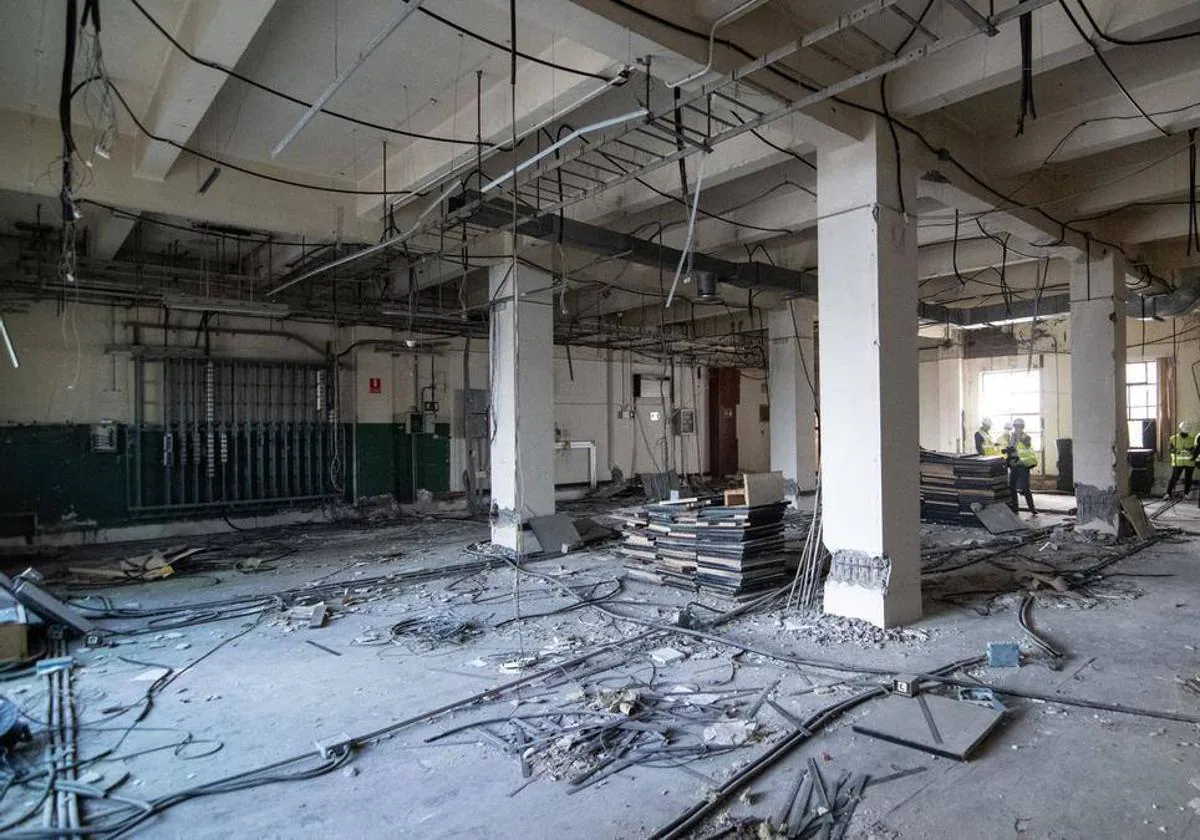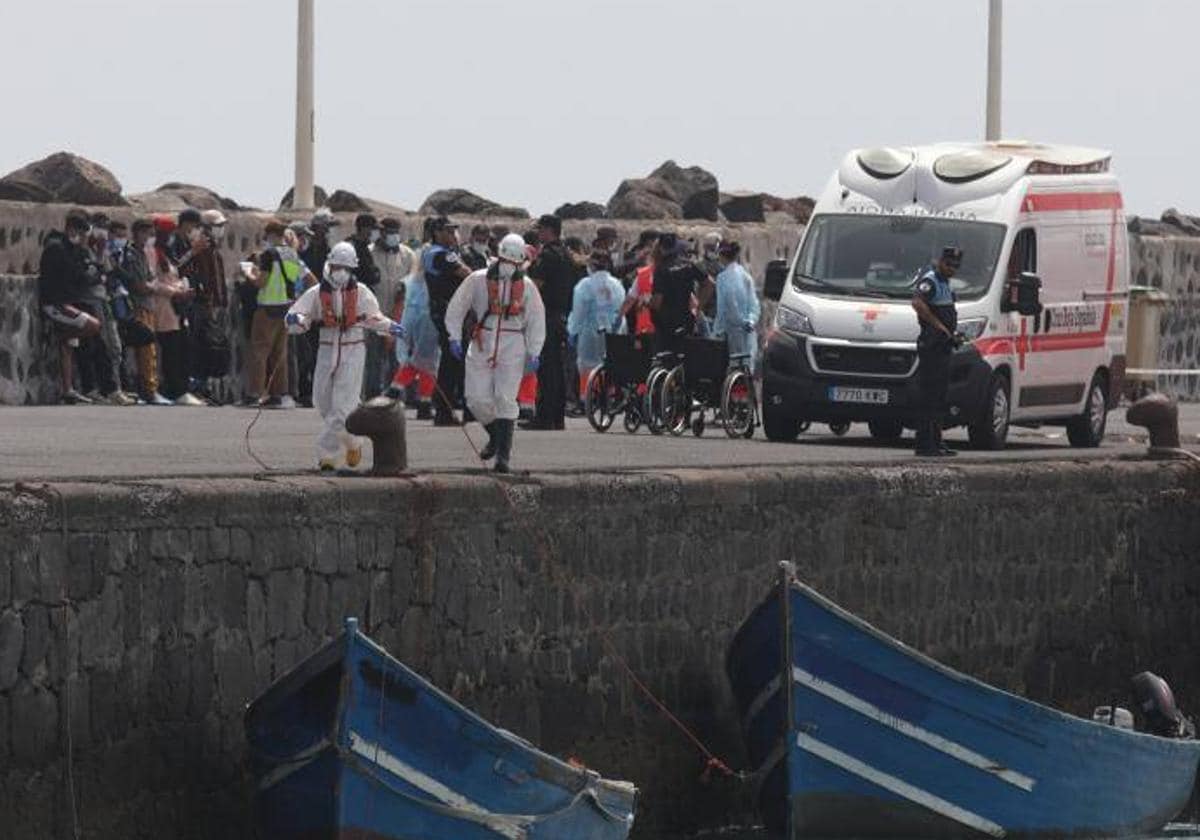Latin America and the Caribbean will collectively face poverty through COVID-19


Latin America and the Caribbean, considered the most unequal region in the world, will have to collectively face the poverty and extreme poverty that will affect more people as a result of the coronavirus pandemic.
This was explained to Efe by the director of the Department of Social Inclusion of the Organization of American States (OAS), Betilde Muñoz-Pogossian, who pointed out that "in addition to the affectations in the health issue, of which unfortunately they die and then those who they do not have access to the health system or medicines, there are the consequences for people of the cessation of economic activity. "
"This is going to have, in the medium and long term, a very large impact in Latin America and the Caribbean with detrimental effects on the lives of millions of people," he predicted, indicating that to address this situation, the OAS has prepared a " Practical Guide to Inclusive and Rights-Based Responses to COVID-19 in the Americas ", which proposes recommendations and guidelines for public policy.
The document, he explained, "pays attention to the most vulnerable populations in the region that, due to their characteristics, such as their sex, race, disability, sexual orientation, or immigration status, already suffer exclusion and discrimination, and the pandemic only accentuates them" .
"In the guide we also not only look at the particular situation of women, people with disabilities, the elderly, LGBTI, Afro-descendants and indigenous people, people deprived of liberty, but we also place emphasis on people in situations of poverty and extreme poverty" , Held.
"If there is something that the region is going to have to face collectively," he added, "it is the issue of poverty, since the millions of people in poverty and extreme poverty that we already had will be joined by millions more."
For the civil servant, it is important that the State's gaze also includes the other groups identified in the study as victims of other inequalities.
Among the measures that the OAS proposes to implement in the short and medium term to address the effects of the pandemic on the population in poverty are direct monetary transfers to households without income, and subsidies to those who have become unemployed. .
"They are already doing it in some countries," Muñoz-Pogossian admitted, noting that it is a practice that can be replicated.
Likewise, he pointed out the need to attend to children and adolescents whose main source of food is school programs now suspended due to social distancing measures.
"There is also the dimension of access to health systems to test the COVID-19 and to access treatments in the event of a contagion. And there we are very concerned about the situation of migrants, refugees and asylum seekers" , recalled the director, who noted that "regardless of the immigration situation, we must guarantee access to health for that population."










